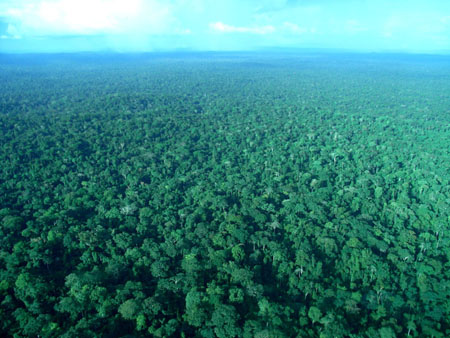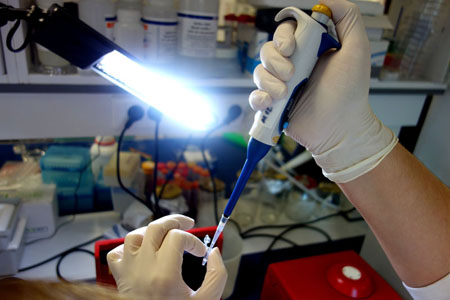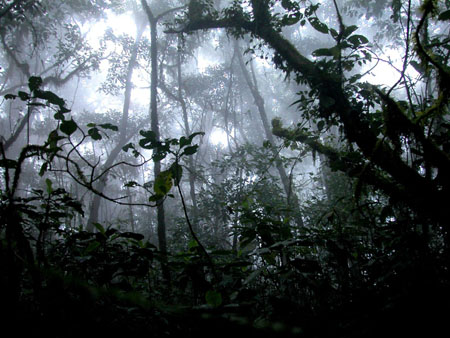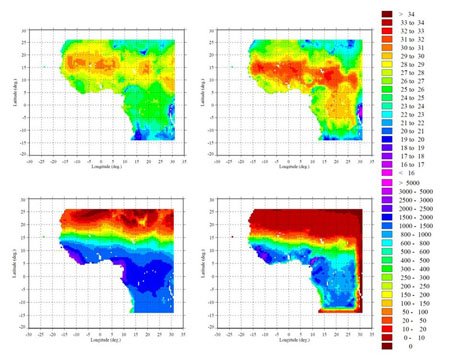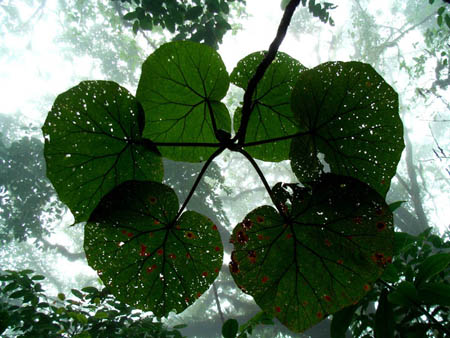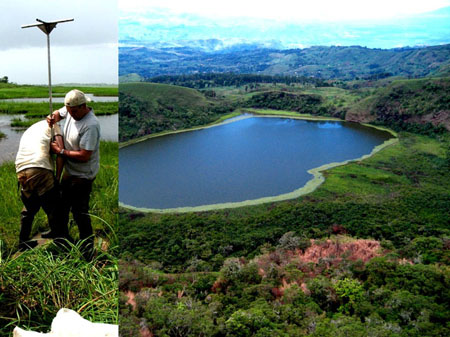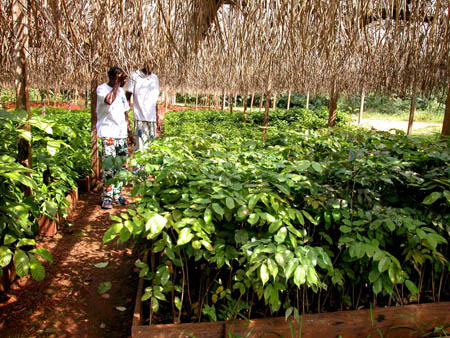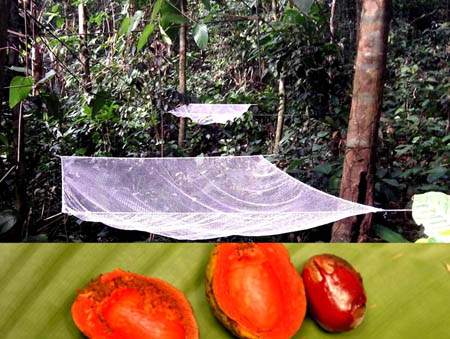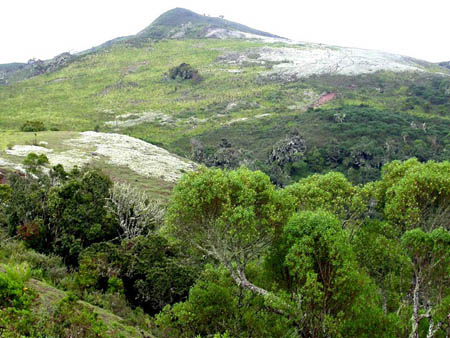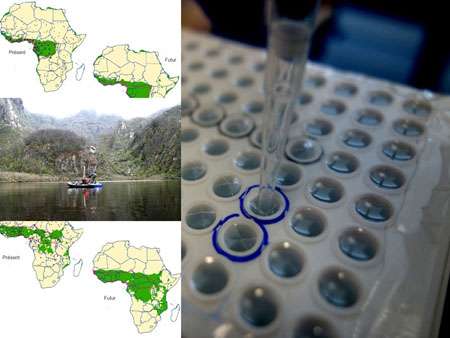 |
Partners |
Olivier HARDYFaculté des Sciences tel 02 650 6585, fax 02 650 2445, Olivier.Hardy@ulb.ac.be Campus du Solbosch ULB CP160/12, avenue F.D. Roosevelt 50, 1050 Bruxelles
State-of-the-art technologies for dendrochronology, paleo-environmental reconstruction, anthracology and genetics, often developed for African contexts by the partners of this project, will allow more detailed inferences than has been previously possible. This conjunction of genetics, paleoecology and vegetation modelling will allow to build a cross-validated scenario of tree species response (distribution range, adaptation) to environmental change in the Central African rainforest. This project has great societal relevance by its generation of key new knowledge on the sustainability and resilience of African rainforest biodiversity and the diverse ecosystem services it provides. Project results should help decision-making in the context of international programmes (e.g. CITES, FLEGT, MAB and REDD+). Most partners are involved in teaching for MSc or PhD training programs in Africa, ensuring effective transfer of highly qualified competences and the commitment of locals into the project. AFRIFORD will lead to:
|
 accès campus
accès campus
 bacheliers (liste des formations)
bacheliers (liste des formations)
 contacts
contacts
 formation continue
formation continue
 la recherche à l'ulb
la recherche à l'ulb
 musées de l'ULB
musées de l'ULB
 service communication
service communication
 actualités de l'ULB
actualités de l'ULB
 calendriers
calendriers
 documents officiels
documents officiels
 hôpitaux universitaires
hôpitaux universitaires
 les débats de l'ULB
les débats de l'ULB
 plan langues
plan langues
 soutenez l'ULB
soutenez l'ULB














 École interfacultaire de bioingénieurs
École interfacultaire de bioingénieurs L'ULB sur Facebook
L'ULB sur Facebook L'ULB sur Twitter
L'ULB sur Twitter L'ULB sur Instagram
L'ULB sur Instagram ULB TV
ULB TV L'ULB sur Scoop.it
L'ULB sur Scoop.it L'ULB en tant qu'entreprise
L'ULB en tant qu'entreprise Le flux RSS de l'ULB
Le flux RSS de l'ULB Les Facultés et Services de l'ULB
Les Facultés et Services de l'ULB






